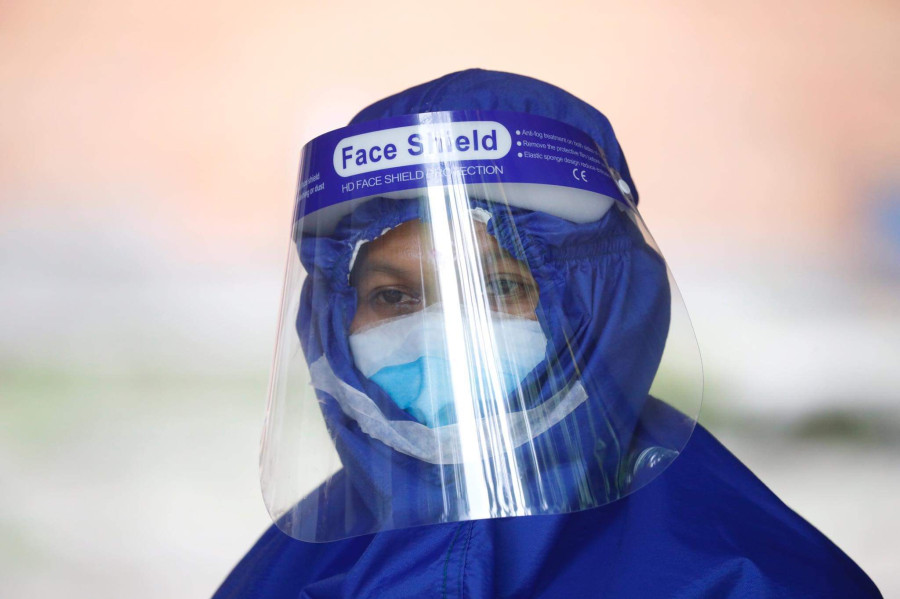Editorial
The cost of stigma
The government must run a campaign to counter the infodemic surrounding Covid-19.
Our health workers, be it doctors, nurses, paramedics, ambulance drivers or housekeeping staff, are making enormous sacrifices at the cost of infection risks to themselves and their families. But they have to brave repeated incidents of threat and intimidation even as they work tirelessly to treat Covid-19 patients and keep us safe. We as a society cannot remain bystanders as they continue to be targeted, no matter what form the attacks come in—physical assault, verbal harassment or discrimination.
Over the weekend, an Instagram post showing a group of people outside an isolation facility for doctors, demanding they be removed from their neighbourhood, made the rounds on social media. The post is just a fresh instance of the hostility, anger and fear that our health care professionals have to endure. But this is just one instance. Several incidents of health care professionals facing discrimination and verbal abuse have been reported right since the government imposed the lockdown in the wake of the pandemic.
The World Health Organisation has warned that stigma can occur when people negatively associate an infectious disease like Covid-19 with a specific population. According to the UN body, people are unfortunately labelled, stereotyped and could face discrimination because of the potentially negative affiliation with the disease. Such hostile acts stem from misinformation surrounding the disease, as past experiences such as the stigma associated with HIV/AIDS have shown. While stigma could also lead people to hide their illnesses to avoid ostracisation, further complicating infectious disease management, it could also put health care professionals in a precarious position.
Amid this precariousness, health care professionals, who are our frontline heroes against this invisible enemy, are already experiencing increased levels of stress. Lest we forget, they are always dealing with situations that are emotionally charged. At this critical moment, all quarters of society must come together to acknowledge their undying efforts and provide them with a safe working environment and unconditional support.
The government must urgently implement an information campaign to counter the infodemic that surrounds Covid-19. It must disseminate accurate information and avoid associating certain communities with virus infection. While public health experts have recommended targeted efforts and awareness campaigns, the political leadership should be at the forefront of the public awareness campaign. The leadership, though, has so far only engaged in downplaying the threat of the disease and peddling dubious cures that have no medical standing.
Already, some conspiracy theories and rumours in the wake of recent restrictions and media sensationalism are contributing to the Covid-19 infodemic. Without an effective strategy to address its spread, the infodemic is certain to worsen in the days to come. The leadership cannot continue to stay aloof while the general public rations their meals and bears the brunt of the pandemic in the form of restrictions. It has to build public trust and engage with community leaders and influencers across the country to address the fear and stigma attached to the Covid-19 pandemic.




 13.12°C Kathmandu
13.12°C Kathmandu














